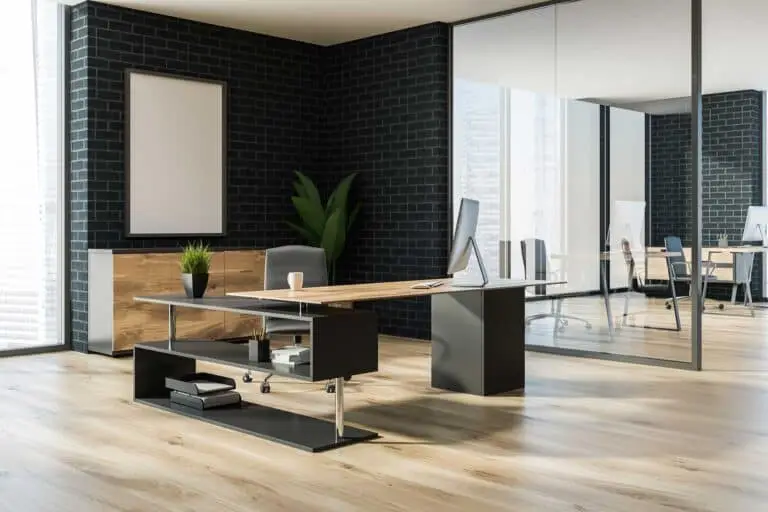As a commercial building owner, it’s reasonable for you to be resistant to tenant improvements. After all, you may think of your building as a singular space that you manage and control.
But allowing tenants to make their own improvements can be a useful way of adding value to the building. Of course, it’s important to make sure these improvements are done properly and to a high standard.
Tenant Improvements
While you might see your commercial building space as perfectly functional and fit for purpose, your tenants may not agree. If a tenant wants to make their own improvements, these usually aren’t structural. Tenant improvements will usually cover:
- Floors
- Ceilings
- Walls/partitions
- Air conditioning systems
- Fire safety
- Security
Of course, you might have included a clause in the lease agreement about tenant improvements – whether they can make them or not. But these improvements can add value to the space, particularly ones that address safety and security.
The Benefits of Tenant Improvements
Allowing a tenant to make improvements holds many benefits for you as the owner. The improvement process may cause logistical challenges but these are quickly outweighed by the long-term gains.
Some of the main benefits include:
- Increase in value. Improving a space will increase its value (if done well), meaning you can charge more in the next lease agreement.
- Makes spaces safer. Conforming to updated safety standards is a must, so this one speaks for itself.
- Saves you money. If a tenant arranges improvements to a commercial property, this saves you having to do it in the future. There’s no reason why you would have to pay for improvements your tenants want to make to the space.
Getting the Improvements Right
Allowing your tenants to make changes to your property can seem like a risk. After all, if they don’t do it well then it’s likely you’ll have to repair or modify things at a later date. However, there are some useful tips for ensuring this doesn’t happen:
1. Communicate
If your tenant wants to make improvements to their commercial space, discuss everything clearly. What do they feel the space is lacking and how do they plan to improve it?
They should be able to inform you of the benefits, not just to them in the short-term but to you in the long-term. While improvements are done specifically for the tenants, they should be useful for future tenants too.
2. Plan and agree
As the building owner, it’s fair to assume you have the final say on project approval. Make sure you both agree on a clear plan that maximizes value, minimizes downtime, and presents the least amount of issues. Of course, you should both agree on a professional and effective commercial property developer.
Conclusion
If you’re looking for just such a commercial construction developer, AH Construction is the company for you. We specialize in commercial development projects in San Diego, and we know exactly how to bring the most value to each and every development. So if your tenant wants to make their own improvements, contact us for help.




